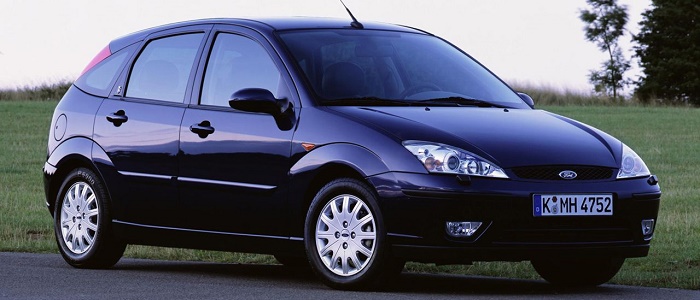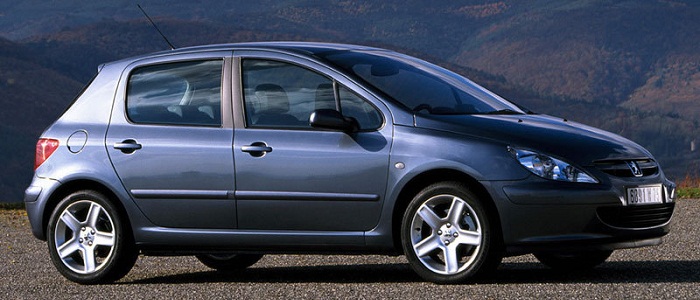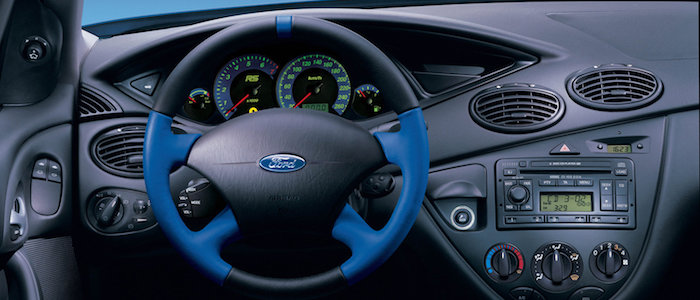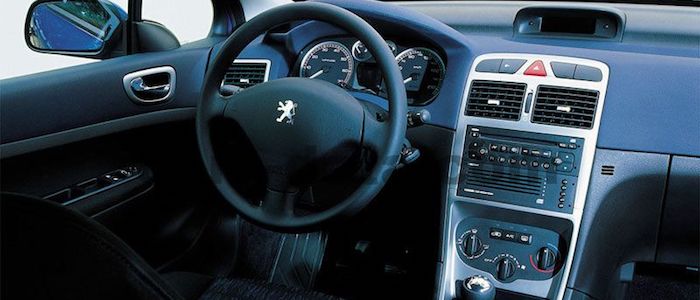Compare two cars
Compare any two cars and get our Virtual Adviser™ opinion
Marketing
Dimensons & Outlines
Engine
Performance (manual gearbox)
Performance (automatic gearbox)
Expenses
Virtual Adviser's™ opinion
Well, these are two pretty similar cars we have here! It's only details that could potentially make the difference. Considering they both belong to the small family car segment and utilize the same 5-door hatchback body style and the front wheel drive system, it all comes up to the specific petrol engine choice they offer. The first one has a Ford-engineered powertrain under the hood, a 4-cylinder, 16-valves 75hp unit, while the other one gets its power and torque from a 4-cylinder, 8-valves 75hp engine designed by Peugeot.
SafetyThe first thing to look into here would be the results from European New Car Assessment Programme (Euro NCAP) tests performed on the two cars. Good thing is that both vehicles got tested, with the same number of safety stars gained in the process. Moving further on, let's take a closer look at some additional safety-related facts. Both vehicles belong to the small family car segment, which is generally classifying them somewhere in the middle safety-wise, but that fact doesn't break the tie between the two cars. On the other hand, if we'd like to consider vehicle mass in this context too, which we definitely should, the French car offers a marginal difference of 9% more metal.
ReliabilityReliability is not the best thing to consider on the make level, but it is worth mentioning that both brands display similar results in faults and breakdowns, all the models observed together. That's the official data, while our visitors describe reliability of Ford with an average rating of 4.4, and models under the Peugeot badge with 4.3 out of 5. Independent research findings rank Focus as average reliability-wise, and 307 is more or less at the same level.Above it all, drivers of cars with the same engine as the American car rank it on average as 4.0 out of 5, exactly the same as the other one.
Performance & Fuel economyPeugeot is a bit more agile, reaching 100km/h in 0.4 seconds less than its competitor. Still, it lacks the power to win the top speed competition, topping at 167 kilometers per hour, 4km/h less than the other car. When it comes to fuel economy things look pretty much the same for both cars, averaging around 6.7 liters of fuel per 100 kilometers (42 mpg), in combined cycle.
Verdict
Ford appears just a bit more reliable, although the difference is truly marginal. The most important thing when deciding between any two vehicles should always be safety, both passive and active. In my opinion, everything taken into account, the French car offers slightly better overall protection and takes the lead. It all continues in the same direction, with Peugeot offering somewhat better performance, just enough to call it quicker. It does come at a cost though, and that's the fuel consumption... At the end, as much as I'd like to give you a winner here, it's simply a pure tie if you ask me. In any case that's my personal view, built upon all the data available to me. What should decide here though is the way you feel about the two vehicles, and I hope you'll find my guidelines useful in the process. Also, you could use the oportunity to find out which car, everything taken into account, would be the perfect choice for you in the eyes of the virtual adviser™, among thousands of similar, yet so different vehicles.































